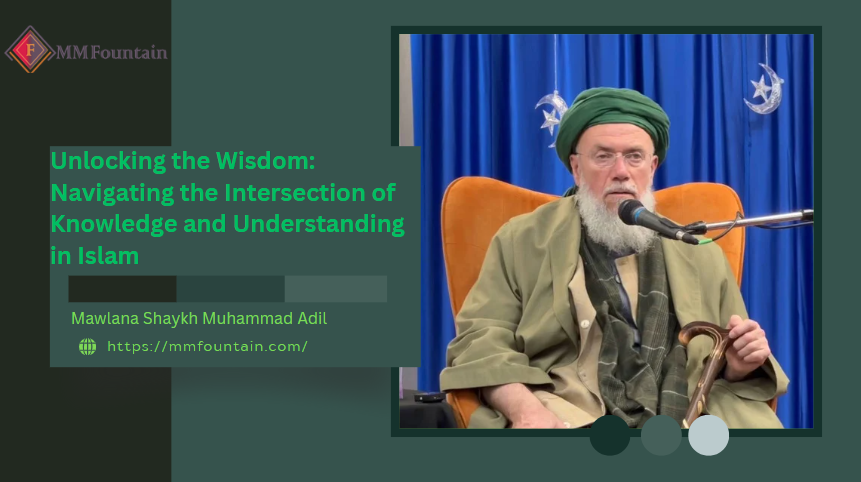
Bismillahi r-Rahmani r-Rahim
Introduction
In the rich tapestry of Islamic teachings, the Quranic verse, “Whomever Allah has given wisdom, He has been given great good” (Sura Baqara 2.269), stands as a profound guide, emphasizing the significance of wisdom in the pursuit of knowledge. This article delves into the nuanced relationship between knowledge and wisdom, shedding light on the misinterpretations that often cloud the spiritual landscape.
The Pitfall of Mere Memorization
Knowledge without Wisdom
While scholars dedicate their lives to the memorization of the Quran and Hadith, the essence of wisdom is often overlooked. Mere recitation without comprehension renders knowledge hollow, akin to a body without a soul. Allah’s wisdom extends beyond the words; it’s the deep understanding that breathes life into the verses.
The Paradox of Salafi Scholars
Wisdom, Islam, and the Call to Virtue
Beyond Rituals: Islam as a Way of Life
The core tenets of Islam extend beyond the ritualistic aspects of prayer and recitation. Islam is a holistic way of life, encompassing manners, wisdom, and humility. True adherence to the faith requires more than mechanical recitation—it demands a profound understanding of the underlying wisdom embedded in the teachings.
The Call for Virtuous Living
The Danger of Ignorance: Wisdom as a Safeguard
Oppression, Killing, and Disregard for Sanctity
The failure to grasp the wisdom behind Islamic teachings leads to a perilous misinterpretation. Allah’s explicit prohibition of oppression, killing, and disregard for the sanctity of Muslim life and property is clear. Yet, those who lack wisdom twist these teachings, leading to actions contrary to the very essence of Islam.
Servitude to Shaitan: A Consequence of Ignorance
Memorizing the Quran and countless Hadiths becomes a futile exercise when divorced from wisdom. The lack of understanding transforms devout scholars into unwitting servants of Shaitan. Ignorance breeds arrogance, replacing humility with an allegiance to malevolent forces.
Rediscovering the True Essence of Islam
Islam as a Beacon of Light
In essence, Islam is a beacon of light, illuminating the path of wisdom, humility, and virtue. The richness of the faith lies not in the volume of memorized verses but in the application of their profound wisdom. True scholars embrace humility, recognizing their role as stewards of divine wisdom.
Sheikh Mehmet’s Perspective
Sheikh Mehmet emphasizes the urgent need for a paradigm shift in the understanding of Islam. It is not enough to be custodians of words; true scholars must be bearers of wisdom. His insights challenge the prevailing narrative, calling for a return to the core principles of the faith.

